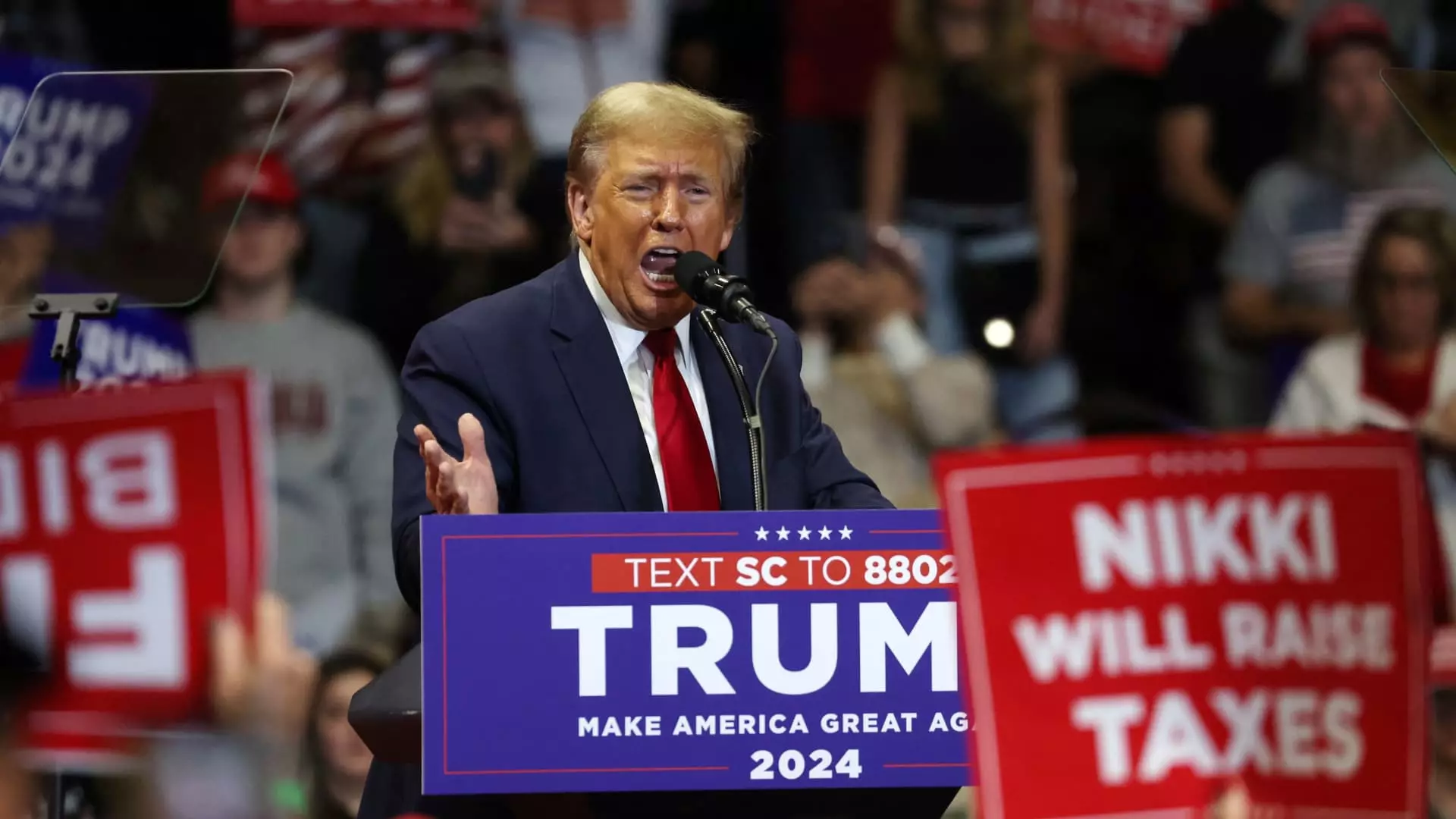An Illinois state judge recently made headlines by barring former President Donald Trump from appearing on the state’s Republican presidential primary ballot. The judge, Cook County Circuit Judge Tracie Porter, cited Trump’s role in the insurrection at the U.S. Capitol on January 6, 2021, as the reason for her decision. However, she decided to delay the ruling to allow for an appeal by Trump. The judge’s ruling was in response to Illinois voters who argued that Trump should be disqualified for violating the anti-insurrection clause of the U.S. Constitution’s 14th Amendment.
Judge Porter stated that she was staying her decision because she anticipated an appeal by Trump to Illinois’ appellate courts and potentially a ruling from the U.S. Supreme Court. The outcome of the Illinois case, as well as similar challenges in other states, is likely to be decided by the highest court in the land. The U.S. Supreme Court heard arguments related to Trump’s ballot eligibility on February 8, making it a crucial point of contention in the ongoing legal battle.
The advocacy group Free Speech For People, which spearheaded the disqualification effort in Illinois, lauded the judge’s ruling as a “historic victory.” Trump, who is considered the national frontrunner for the 2024 Republican nomination, swiftly condemned the decision as unconstitutional and vowed to appeal. Colorado and Maine have already removed Trump from their state ballots based on Section 3 of the 14th Amendment, which prohibits individuals who have engaged in insurrection from holding public office.
The events of January 6, 2021, loom large in the legal battle over Trump’s ballot eligibility. Supporters of the former president stormed the Capitol, attacked police, and sought to disrupt the certification of Joe Biden’s election victory. Trump’s fiery speech to supporters prior to the violence has been cited as incitement, as he urged them to “fight like hell” and failed to intervene as the chaos unfolded. The Supreme Court is currently deliberating on Trump’s challenge to his disqualification in Colorado, with some justices expressing skepticism about the broad implications of such decisions on national elections.
The controversy surrounding Donald Trump’s ballot eligibility is far from settled. Legal battles in Illinois and other states, along with the involvement of the U.S. Supreme Court, highlight the complex and divisive nature of the issue. The outcome of these proceedings will have significant implications for the future of American politics and the rule of law.


Leave a Reply